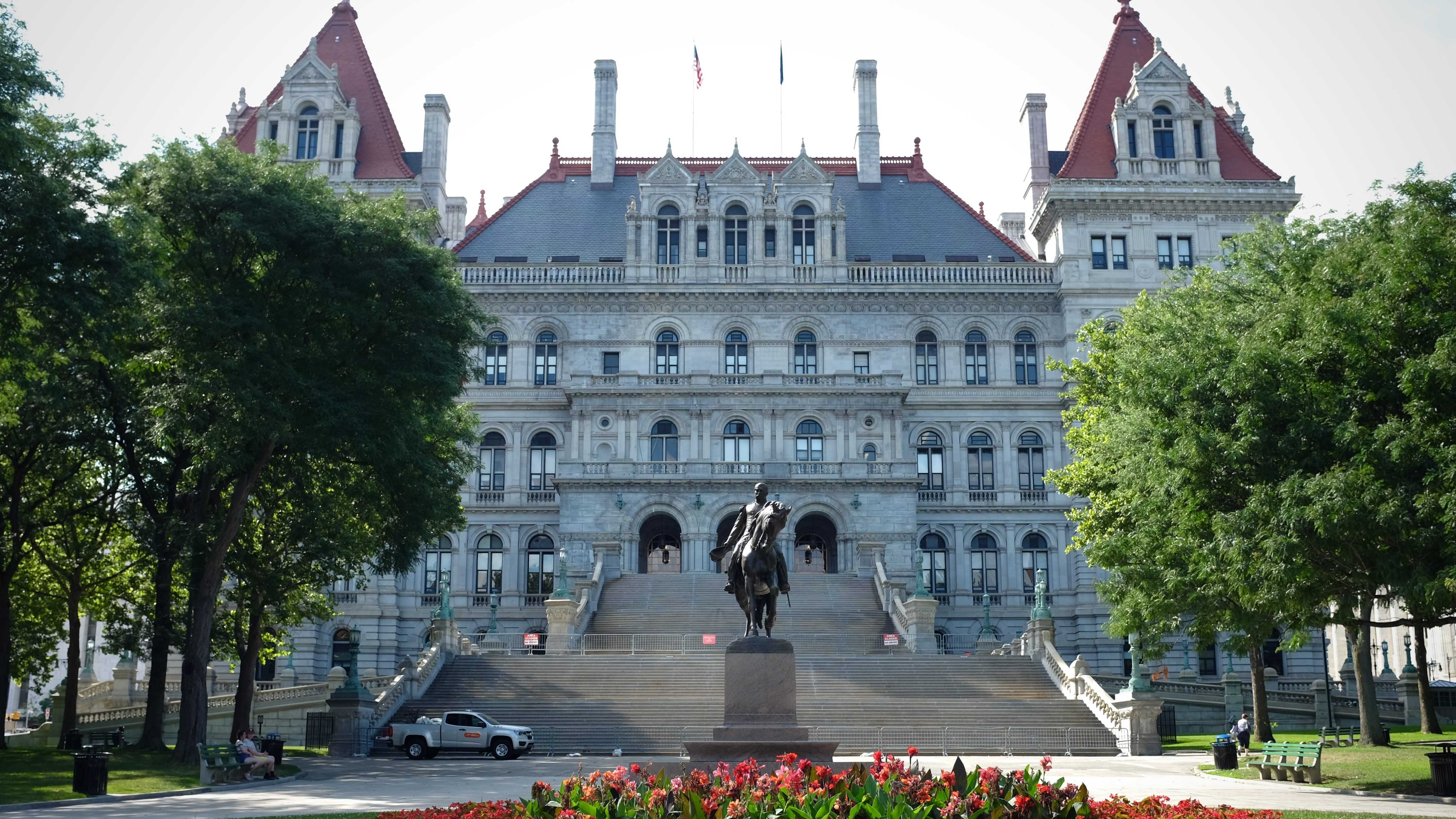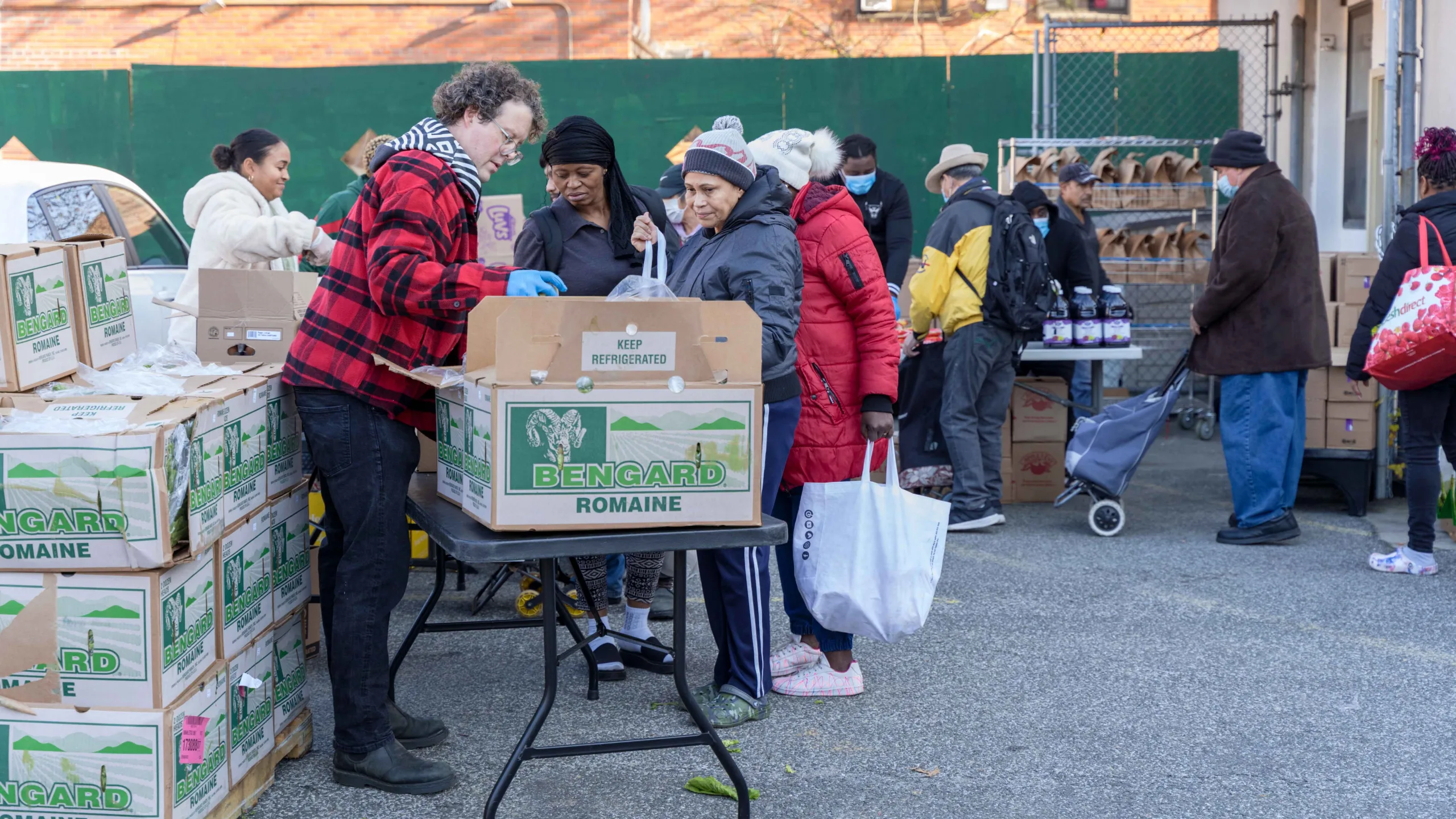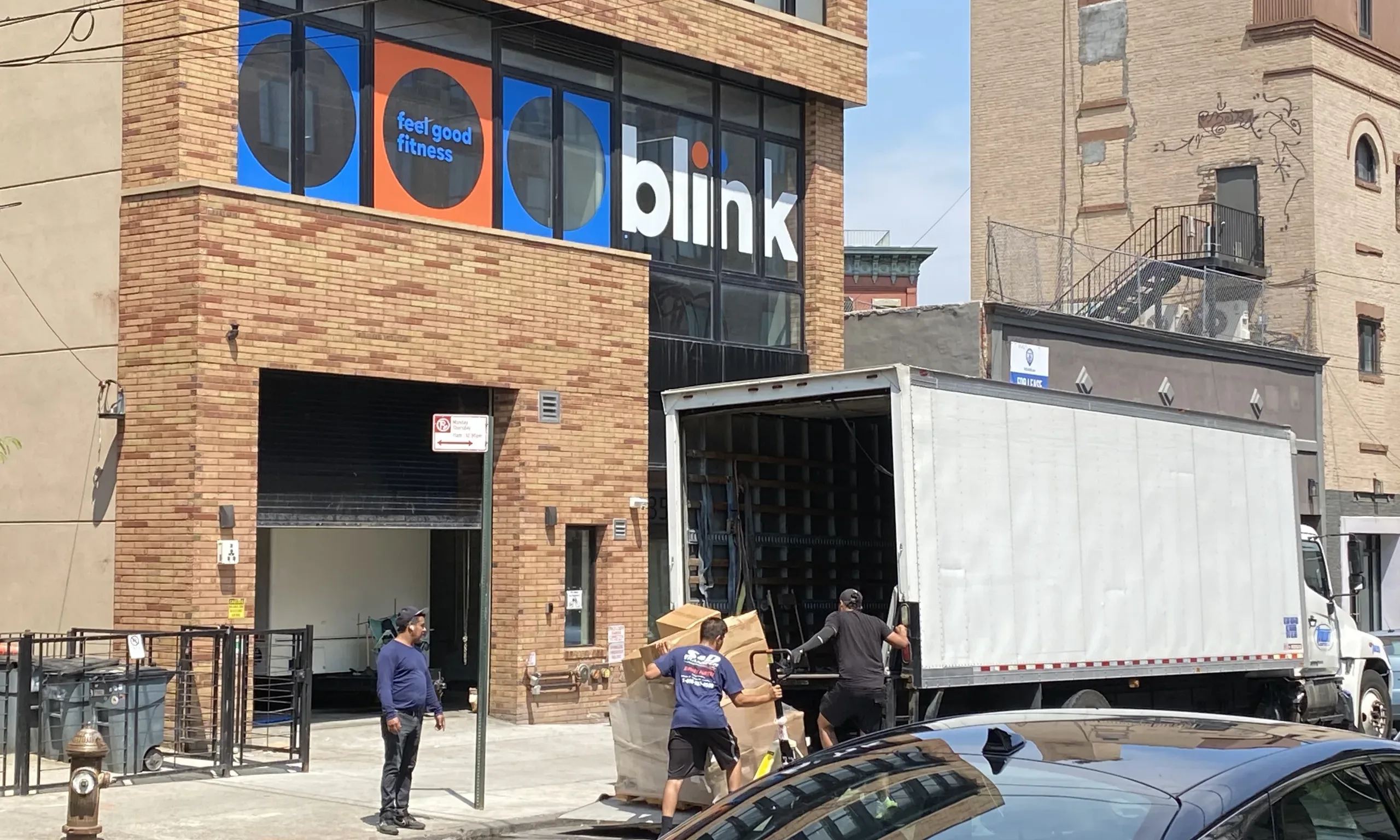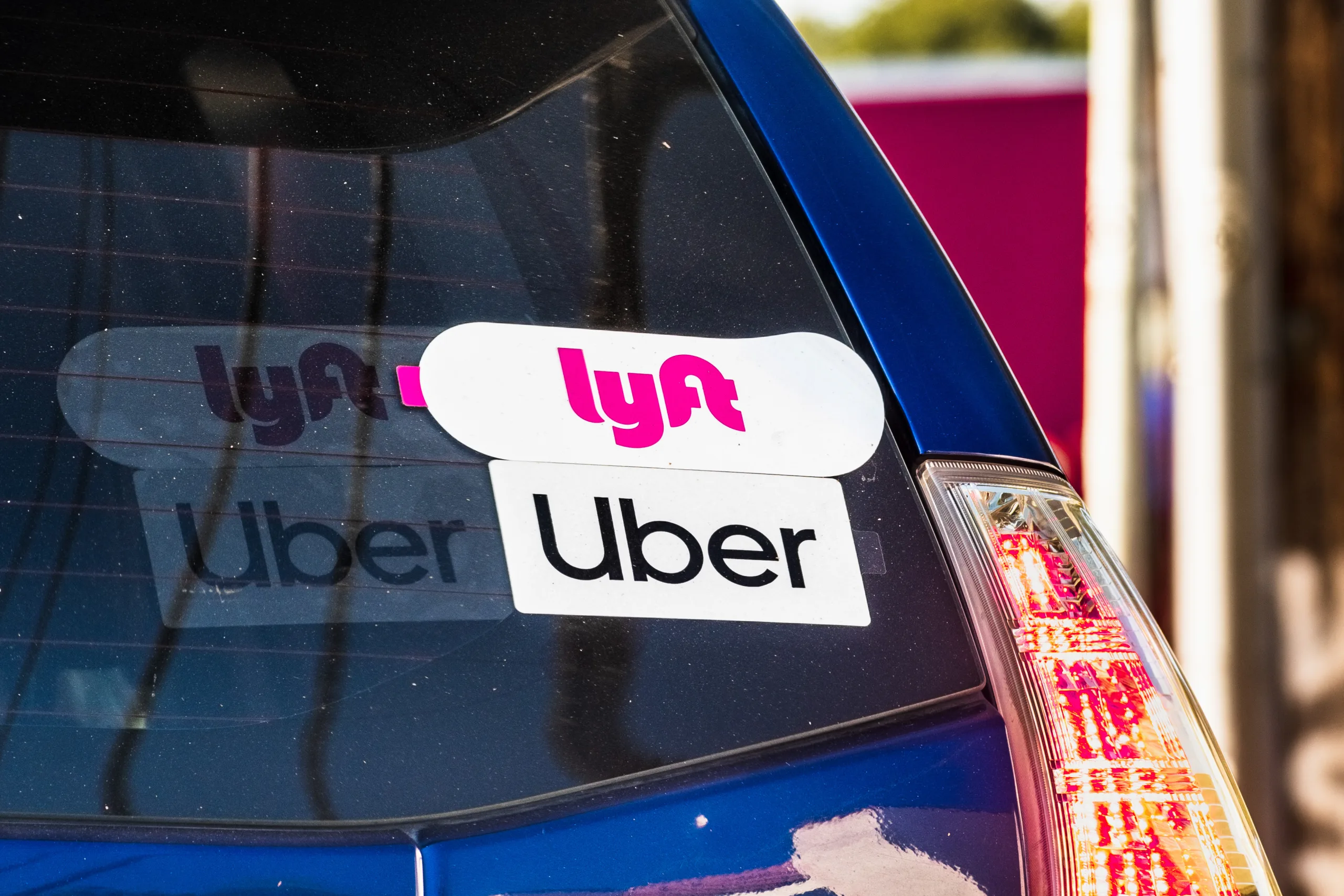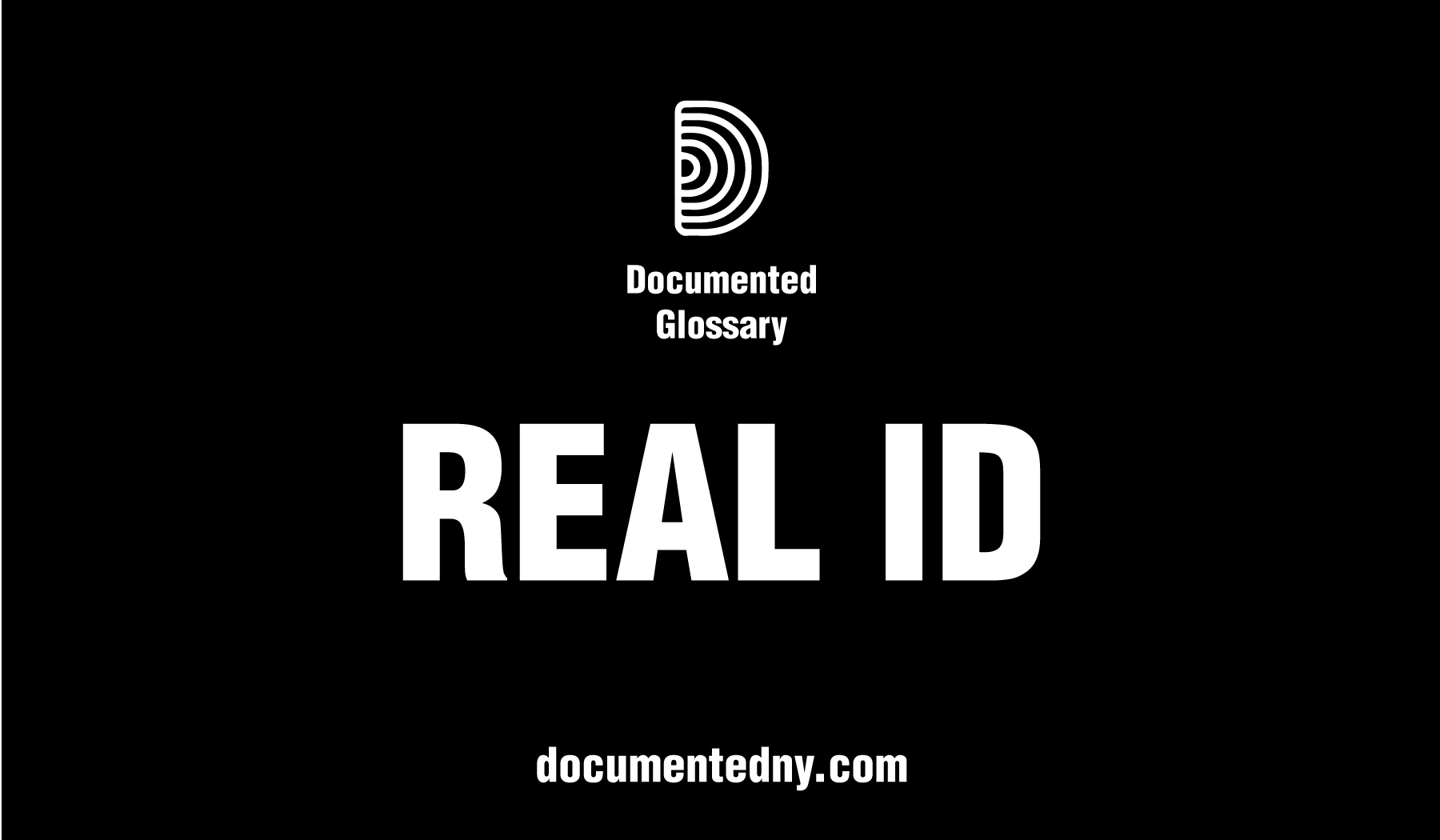In a move long-awaited by immigration advocates, both chambers of the New York State Legislature passed the state DREAM act, which would grant tuition aid and other financial assistance to undocumented students. Gov. Andrew Cuomo is expected to sign the bill into law.
Prior to the vote in the state Senate, several Republican legislators objected to the bill, claiming that it was unfair to citizens in their districts and would lead to other rights for the undocumented. Senator Robert Ortt, who represents Niagara and Orleans counties, was rebuffed in his attempt to amend the law to instead provide tuition assistance to veterans. “Today it’s college tuition, tomorrow it’s drivers licenses, then it’ll be voting rights. It’s things that I not only find abhorrent, but that actually undermine federal law,” he said during the floor debate.
The bill, named in honor of its lead sponsor, the late State Sen. José Peralta, had won votes in the Democrat-controlled Assembly year after year, but could not make it through the state Senate until today, when last fall’s elections gave the Democrats a majority in both houses. It was brought up for a vote in the Senate but narrowly defeated in 2014, when two Democrats voted against it. It passed 40-20 this afternoon.
In 2002, New York became one of the first states to allow undocumented students to qualify for in-state college tuition, but—unlike California, Texas Minnesota, New Mexico, Oregon and Washington—it had not provided state financial aid to help them pay it. Without it, many undocumented students cannot afford four-year degree programs at the State University of New York and City University of New York systems.
More college-educated immigrants
Such is the case for Eugenia Rodriguez, an 18-year-old member of the advocacy group Make the Road New York, which has been pushing for the legislation for years. Rodriguez said she was currently a student at a community college in New York despite having wanted to attend a SUNY school because she couldn’t afford the tuition.
She had spoken in favor of the bill with legislators, and she said she now hoped to attend a four-year school following completion of her community college education. “A lot of students and people my age, I informed them about it,” she said.
Paired with New York’s policy of allowing many classes of non-citizens, including DACA recipients, to qualify for medical, legal, teaching, and other types of professional licenses, the shift could mean an influx of university-educated undocumented New Yorkers entering the skilled professional workforce.
The victory is being celebrated by pro-immigration groups around the state, who are nonetheless gearing up for more fights this legislative session. With the Democrats in control of both state houses, immigrant groups are pushing for allowing undocumented immigrants to obtain driver’s licenses, among other things. Last week, the New York Immigration Coalition unveiled a $1 million ad campaign to push lawmakers to adopt the measure, forms of which already exist in twelve states.
TestPost3
Steven Choi, the executive director of the NYIC, said in a statement that the bill’s passage was “only a drop in the bucket… New York state must do more to protect and empower immigrant New Yorkers… by expanding access to driver’s licenses, committing $40 million to Census outreach and education, and increasing funding for legal services statewide.”
Fund native New Yorkers first
The Act’s opponents had argued that eligibility guidelines for state’s Tuitional Assistance Program (TAP) should be expanded to apply to more native-born or legally present New Yorkers before extending the program to undocumented students. In a contentious exchange, GOP State Sen. Kenneth LaValle of Long Island directly called out counterpart Robert Jackson, a Manhattan Democrat, saying he would need to bring “tin cups” to his constituents who couldn’t afford college. Jackson countered that the expected $27 million price tag for the measure was “minuscule” compared to the state’s over-$160 billion budget and said, “You have insulted me.”
Proponents say that the state already invests significant resources in providing a primary and secondary education to all New York residents regardless of immigration status and easing the path to continuing education for undocumented residents will allow them to more fully participate in, and grow, the state’s economy.
“Because of financial hurdles that other students in the state do not face, bright immigrants have been locked out of educational opportunity… Calling them ‘illegals’ is inherently unfair, inherently inhumane, and inherently un-American,” said State Sen. Luis Sepúlveda, who became the bill’s sponsor after Peralta’s passing. “These graduates will have the opportunity to become full participants in New York’s economy, and New York’s future.”
